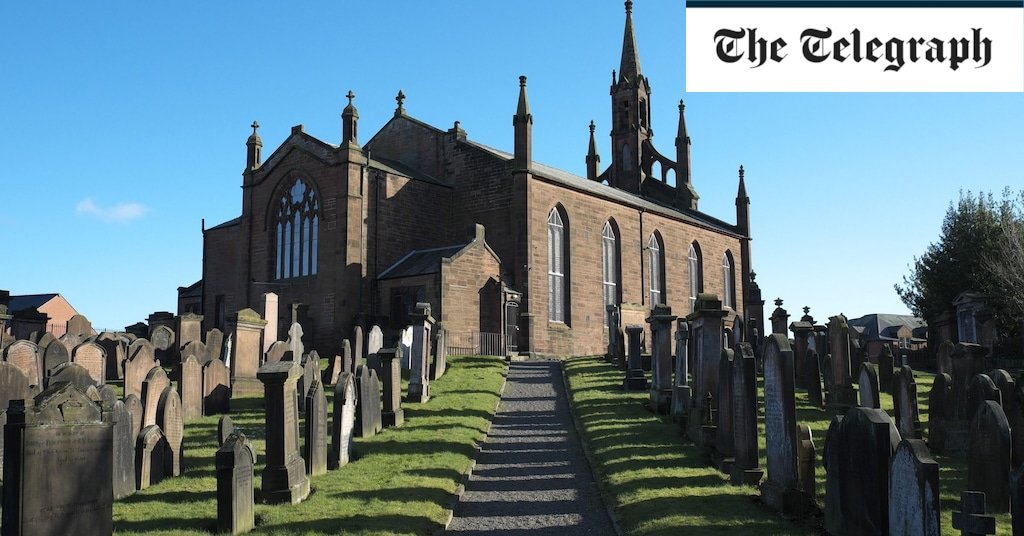The Church said its buildings “have the potential to be used for a variety of different purposes” – whether it be for residential, entertainment or education.
But, Andrew Boast, of SAM Conveyancing, a panel of surveyors and solicitors, warned potential buyers to be careful.
“No matter how enticing they may seem, you should err on the side of caution and not get too caught up in the excitement as churches can be far more tricky than the listing lets on,” he said.
“Churches are notoriously chilly and good at losing heat, making them tricky and expensive to keep warm.
“Converting them to residential or commercial buildings will involve navigating a complex maze of planning regulations and legal requirements – not to mention issues with conservation or significant historical statuses.”
Mr Boast said works are likely to be “met with a lot of bureaucratic red tape”, leading to lengthy delays and additional costs.
His thoughts are echoed by Emma Myrie, of specialist insurer Homeprotect: “A church or chapel may seem like a bargain based on the sale price alone, but factoring in the challenges around conversion, maintenance and upkeep could make it a false economy.”
The Church of England said it closes around 20 churches each year. Current listings show most up for sale are located in the north of the country.
Results of the 2021 census show that less than half the population of England and Wales describe themselves as Christian (46pc), a 13pc drop compared to the 2011 survey.
While the drop is sudden, it is not as stark as Scotland where only 20pc of the population class themselves as Christian.

